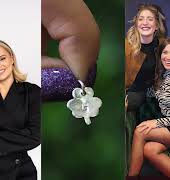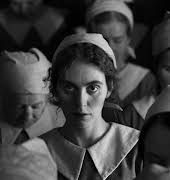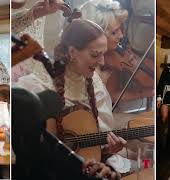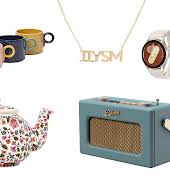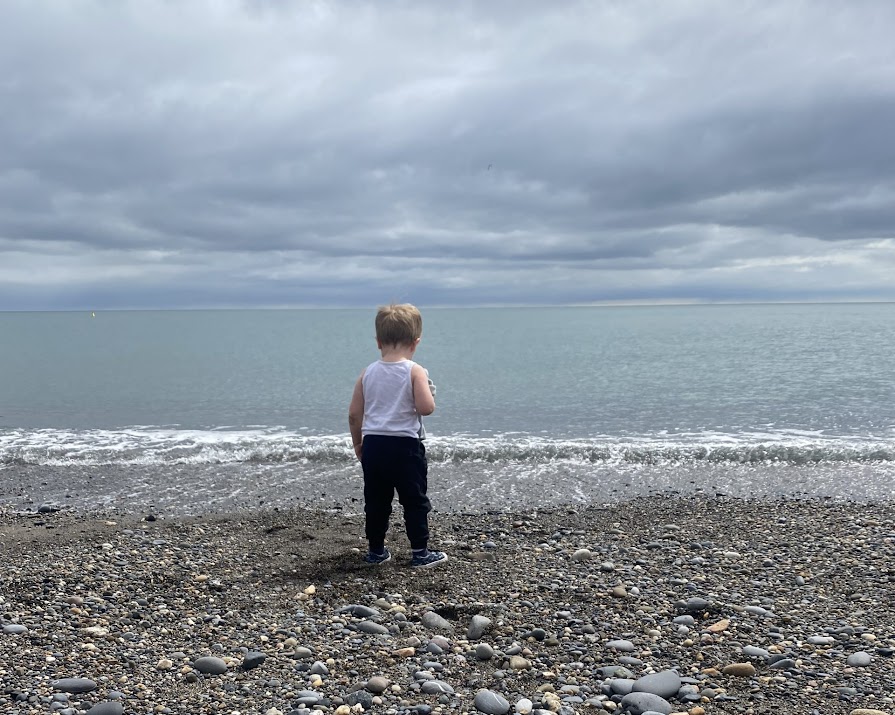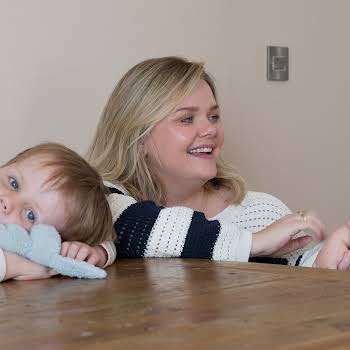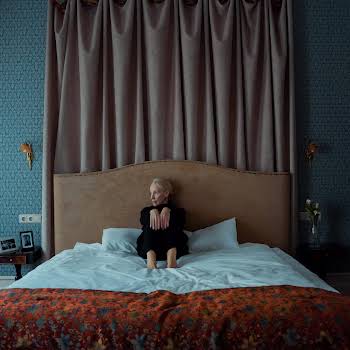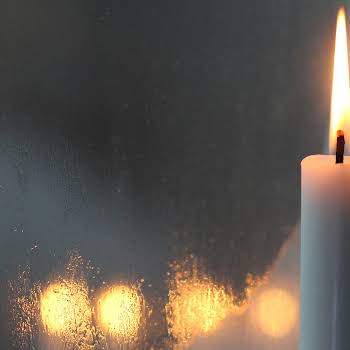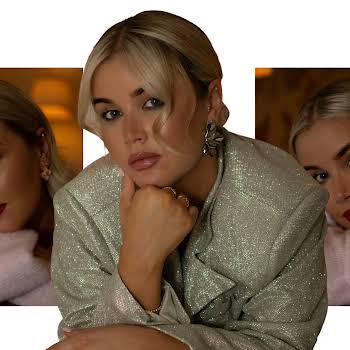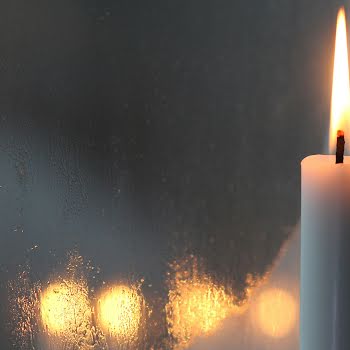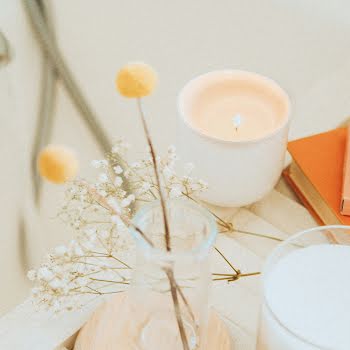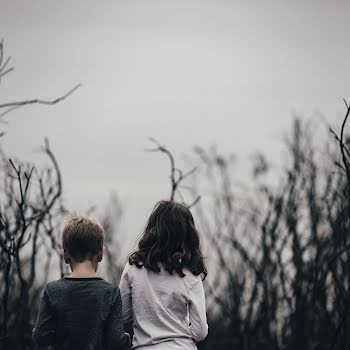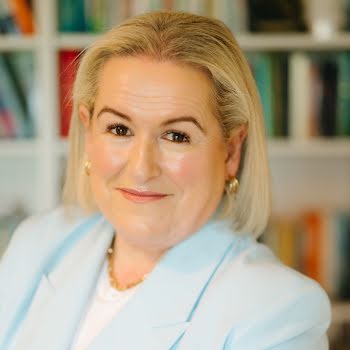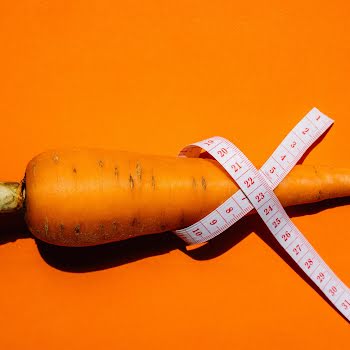
Talking to toddlers about death: ‘Cry when you need to. It’s ok to have those big feelings’
By Dominique McMullan
21st Jul 2022
21st Jul 2022
Talking to toddlers about death can be a difficult topic to navigate. Still grieving the loss of her father, Dominique McMullan shares what worked for her when broaching the subject with her three-year-old.
My three-year-old, Kai, lost his grandad one month ago today. I lost my dad. As his daughter, I am still grieving, still processing, still riding the rollercoaster. But as a mother, I am also keenly aware of my son’s loss.
Kai already had a lot on his plate. In July 2021 he moved house, said goodbye to his beloved childminder and started at a new creche. Then in August 2021, he became a big brother. He was only four months into the new role of older sibling when Dad got his diagnosis. I was only four months into being a mother-of-two.
Dad was diagnosed with a brain tumour in late December. The first half of 2022 saw our lives rupture and change utterly. I worked to keep the ship steady for my sensitive little soul. But everything and everyone outside of our immediate small circle faded to the background. Our lives centred around medication, treatments, surgery, hospital visits, pharmacy visits, healthcare visits, night shifts, rashes, bandages, sores, equipment, tablets and half cups of sugary tea.
We lived with my parents for much of Dad’s illness, and Kai developed the type of closeness with his grandparents that only comes from living together. He saw them every morning for breakfast, and every afternoon for his tea. They did bathtime together, read stories before bed, held hands and watched Paw Patrol. They knew his favourite snacks, and his favourite songs, and all his funny little quirks.
We cared for Dad at home and so Kai witnessed his fast decline first-hand. Between January and June Dad moved from fit and able, to a walking stick, to a zimmer frame, to a wheelchair, to a bigger wheelchair, to a hoist and finally to a hospital bed in his bedroom. It was head-spinningly fast. Kai saw every stage, he kissed his grandad in every chair.
I never had to explain what was happening. He knew his Grandad was sick, in the way only a three-year-old can know everything and nothing at the same time. He accepted each downwards step with an earnest openness that only a child can have. In his perfect little head, there was no forward thinking, no catastrophising, no rage at the injustice of it. Instead, Kai lived each moment with his Grandad. And he taught us to do the same.
Towards the end of Dad’s life, Kai would play by his feet as he slept in the chair. Driving his cars up and down his Grandad’s legs. Very little made Dad smile in those last months, but Kai and Freddie did. I will treasure those moments forever.
To care for a parent, while grieving, and parenting two small children, is not something I was prepared for. I won’t sugarcoat it. There are times when it felt too hard. I struggled deeply at points. I could only deal with each hourly challenge: the next feed, the next change, the next round of medication. But as well as minding my little boys, they minded me. Kai witnessed my tears, he saw my rage. On one occasion, after I lost my temper, he took my face in his chubby little hands, and said “It’s ok Mummy. Everyone has big feelings sometimes”.
I spent four days without my boys at the end of Dad’s life. My mum, my sister and her wife, and I closed ourselves into a room with Dad as he was passing. We held his hand, played music, and slept by his side. It was beautiful. It was devastating. It was the longest I had been away from Kai and Freddie and in my grief, I ached for those chubby little hands.
The day following Dad’s death, I took Kai out of creche early. I had to tell him what had happened. But how do you explain the death of the person you love the most, to your child? How do you explain all it entails, to the little person whose feelings are so huge. I knew this would be his first hurt. His first experience of the inevitable painful parts of being a human. And that hurt too.
An incredible hospice nurse gave me a lot of advice. “Be factual, be simple, keep it short,” she said. Before Dad’s death, I tried to start dropping simple explanations of death into conversations. “The flower is dead Kai. That means it has stopped growing.” I used that analogy again on a bench in the sunshine when I told Kai that Mal (his pet name for Dad) had died. That he was no longer alive. But that we would always love him and that that love, would always be there. I told him factually, simply, gently. He nodded, seemed to understand and asked for more rocky road.
The hospice nurse had told me to avoid using euphemisms, not to use phrases such as “Gone to sleep”. Toddlers see the world in black and white, and the last thing I wanted to do was scare Kai into never sleeping again. Confronting the simple facts of Dad’s death through that conversation, and subsequent conversations, was difficult. I struggled to say the word “dead”. I still do. The finality of it, the past tense nature of the sentence, still injures some part of me.
Kai attended the funeral, we cried together and he has continued to grieve in his own way. We talk about Dad, we still roll call him in our bedtime list of people we love. The learning is still happening, the loss is still being understood – by me and by him and by all of us. But my boys continue to teach me to stay present and not to be scared of those big feelings. For them I am grateful.
Things I have learnt from talking to my toddler about death
- Keep things simple and factual. It may be difficult for you, but it’s important to be clear as toddlers need black and white explanations to understand. Use the word dead and death.
- Avoid euphemisms like “Going to sleep”, “Going to heaven”, “Passed away”, and “Gone to a better place” for the same reasons.
- Allow them to attend the funeral and join in. They need to grieve too.
- Don’t hide your emotions from them. Cry when you need to. It’s ok to have those big feelings.
- Reassure them that the person who died was sick, and that it won’t happen to them or Mummy or Daddy.
Book recommendations
Grandad’s Island by Benji Davies
The Invisible String by Patric Karst
Lifetimes: The Beautiful Way To Explain Death To Children by Bryan Mellonie
The Heart And The Bottle by Oliver Jeffers
The Memory Tree by Britta Teckentrup
People who are grieving need support through many different channels. The HSE has a comprehensive list of bereavement supports and services that can offer both you and your child solace when you need it most.


